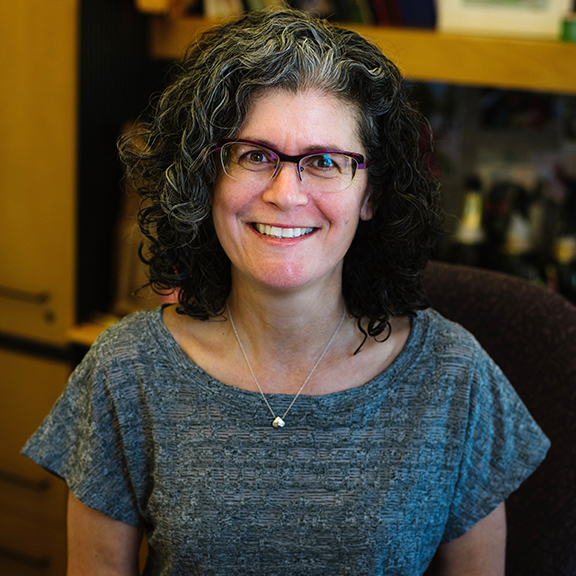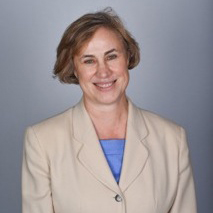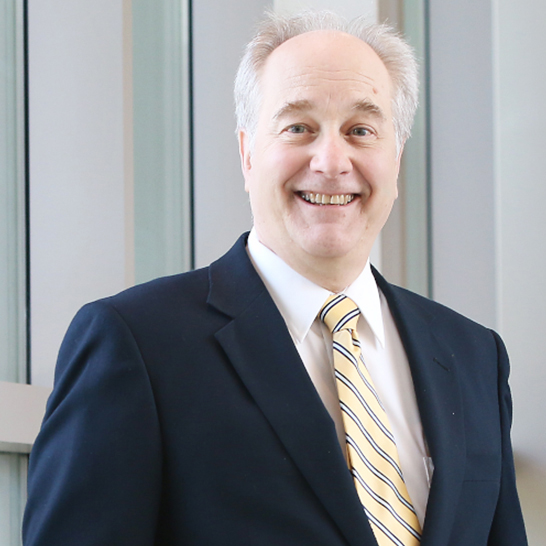The TWiMbionts explore the role of bacteria in genesis of moonmilk, and how ancient host proteins can be used to engineer resistance to virus infection.
The TWiM team explains the use of microbial genome mining to identify new drugs, and how a bacterial symbiont protects flies against parasitoid wasps.
Michele updates the TWiMers on Legionella in the Flint water supply, and Elio informs us about how horizontally acquired biosynthesis genes boost the physiology of Coxiella burnetii.
At Microbe 2017 in New Orleans, the TWiM team speaks with Arturo Casadevall about his thoughts on the pathogenic potential of a microbe, rigorous science, funding by lottery, and moonshot science.
The TWiM team ventures into preprint space with an analysis of type VI secretion across human gut microbiomes, and provide insight into urinary tract infection: how bladder exposure to a member of the vaginal microbiota triggers E. coli egress from latent reservoirs.
The TWiMmers get cozy with symbionts: bacteria that allow a giant shipworm to oxidize sulfur, and algae that live within salamander cells.
The TWiMsters discuss potential new sources of antimicrobial compounds from unusual places: the skin of bats and the intestines of moths.
In recognition of National Medical Laboratory Professionals Week, Robin Patel speaks with the TWiM team about directing a clinical bacteriology laboratory, and how an observation made by a laboratory technologist lead to the finding that Ureaplasma species can cause a system metabolic disturbance, hyperammonemia.
The TWiM team speaks with Pat Schloss about assigning sequence data to operational taxonomic units, and his experience with mSphere Direct, a new way of submitting papers for publication.
Vincent, Elio, and Michael reveal what Neanderthals ate from analysis of DNA in their teeth, and new CRISPR-Cas systems found in the genomes of uncultured microbes.




